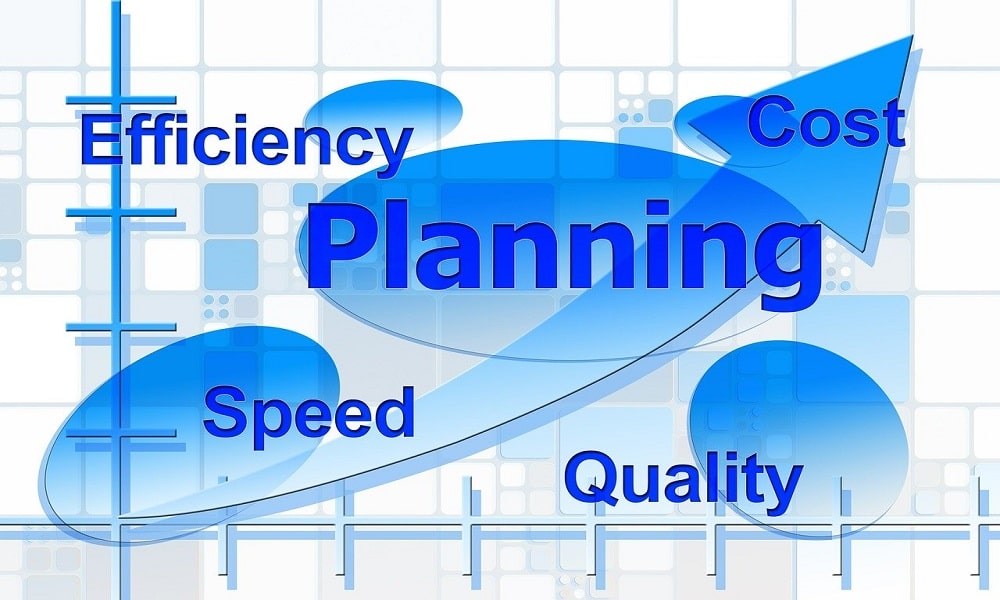Every business wants to be efficient, no matter its size or industry. Efficiency means streamlining processes, optimizing customer interactions, and using resources wisely. To help with this, customer relationship management (CRM) software has become an effective tool. If you want to turn your business strategies into actionable insights, you’re on the right path.
CRMs can change how you connect with clients and manage your operations by centralizing customer information, tracking interactions, and automating tasks. Let’s learn more about how you can use CRM to improve your business.
What is CRM?
Are you wondering about what is a CRM? The term CRM describes a system that helps businesses manage their relationships with customers. It is central for all customer data, including contact details, purchase history, and communication logs. This comprehensive view of customer interactions helps businesses personalize their approach, which builds loyalty and improves the customer experience.
CRMs also streamline many business operations. When your team has quick access to important customer information, they can respond faster and more accurately. This boosts communication within the team and with customers, making it easier to manage projects, track leads, and guide prospects through sales. Efficient teamwork creates a better work environment.
Streamlined Communication
Good communication is key in any business. CRM systems keep everyone on the same page. Team members can see notes, emails, and conversations related to a customer or lead by tracking interactions. This clarity reduces miscommunication and supports teamwork.
With CRM tools, you can also automate routine messages. For example, automated follow-up emails can remind clients about pending tasks or new offers, keeping your brand present in their minds. This saves time and makes your communication consistent and professional. Customers value quick responses, and effective communication can greatly enhance customer satisfaction.
Data-Driven Insights
A standout feature of CRM software is its ability to analyze customer data and provide insights. By tracking trends and behaviors, businesses can learn which products or services are popular, enabling better decision-making. You can determine which marketing strategies work best, allowing for smarter resource allocation.
Additionally, CRMs help identify areas needing improvement. If certain customer groups show low engagement, you can change your strategies to better meet their needs. This data-driven method allows businesses to innovate and adjust, ultimately improving efficiency.
Sales Management
A CRM (Customer Relationship Management) system is essential for managing sales. It helps teams track leads from the first contact to conversion, giving a clear view of the sales pipeline. This visibility lets sales representatives prioritize their work and focus on the most promising leads. The software also automates repetitive tasks like data entry, which saves time and reduces mistakes.
Engaging with leads and turning them into loyal customers is simpler with a CRM. You can set reminders to follow up, monitor conversations, and track deals, all in one place. This organization increases closing rates and boosts team productivity.
Customer Support Optimization
Customer support is key to running an efficient business, and CRM systems help achieve this. Tracking customer inquiries and issues allows your support team to view complete customer histories and resolve problems more efficiently. This detailed information lets them answer questions quickly, improving the customer experience.
CRM systems can also spot common issues or questions. Businesses can make changes that improve their products or services by analyzing support tickets and feedback. This proactive approach boosts customer satisfaction and can save money by reducing inquiries and support requests.
Improved Marketing Campaigns
CRM systems make marketing campaigns more targeted and effective. Businesses can create marketing campaigns that connect with their audience by understanding customer preferences and behaviors. For example, targeted promotions can increase sales if a group of customers is interested in a specific product.
By using CRM systems to segment customers, businesses can personalize their outreach. This often works better than sending generic messages. Whether through email, social media, or direct sales, targeted marketing leads to higher engagement and makes marketing resources more efficient.
Better Customer Segmentation
A key benefit of CRM systems is improved customer segmentation. By analyzing customer data, businesses can divide their clients into different groups based on criteria like age, buying habits, and engagement. This segmentation allows businesses to create targeted marketing strategies and personalized messages.
When businesses understand what different groups of customers need and prefer, they can develop campaigns that connect better. For example, they can send special offers to loyal customers or request feedback from less engaged segments. Better customer segmentation helps increase engagement and customer loyalty.
Enhanced Forecasting and Planning
CRM systems also help businesses forecast and plan for growth. By analyzing past data and current trends, businesses can predict sales performance, customer needs, and market changes. This ability allows companies to use their resources better and set realistic goals.
CRM systems provide detailed reporting features that analyze customer behavior, sales patterns, and campaign performance. These insights guide businesses on what strategies work and where to make changes. This leads to better decision-making that supports long-term success.


